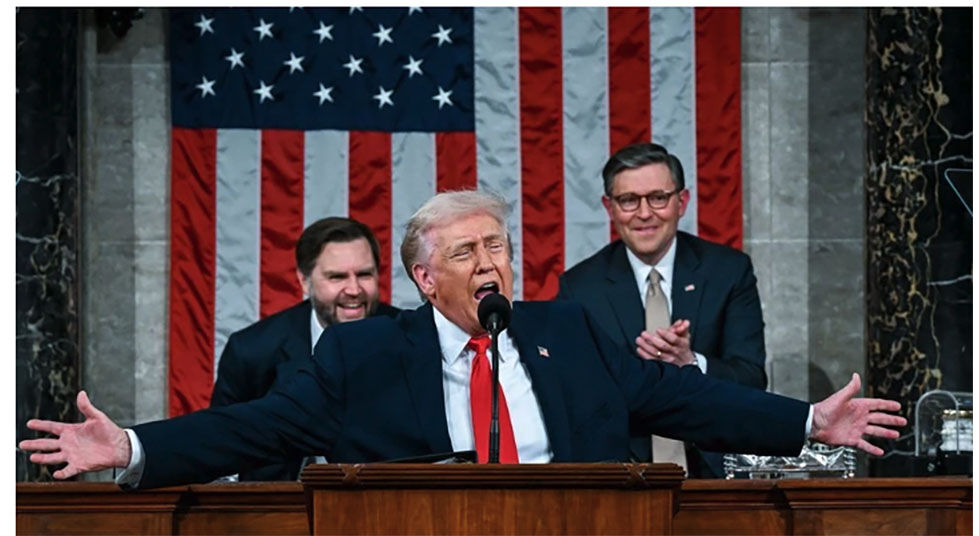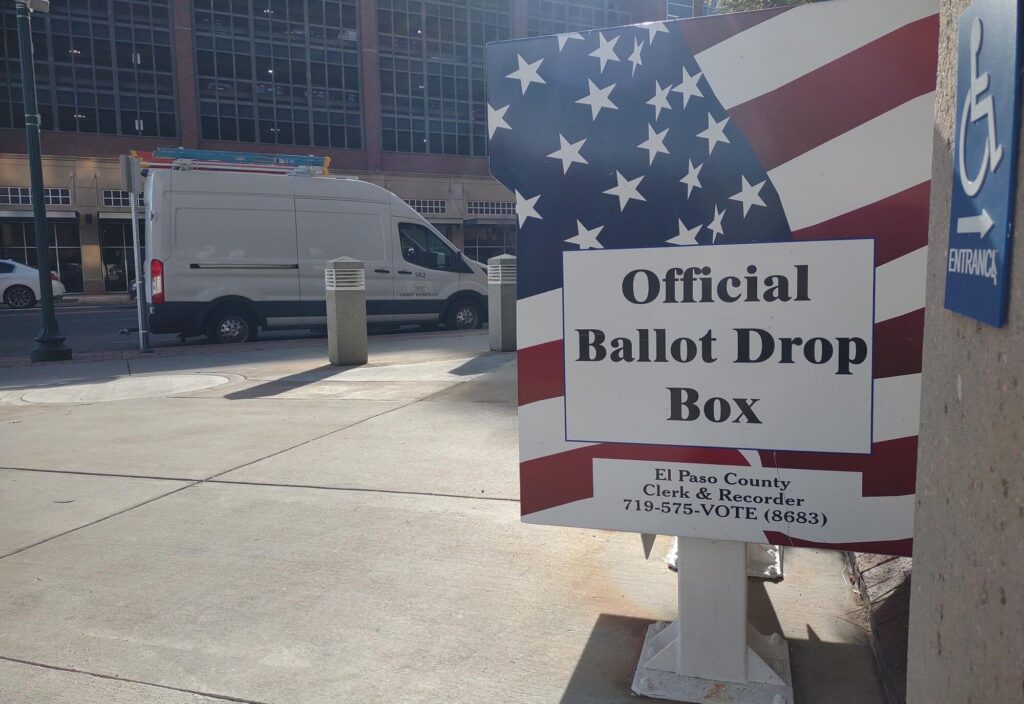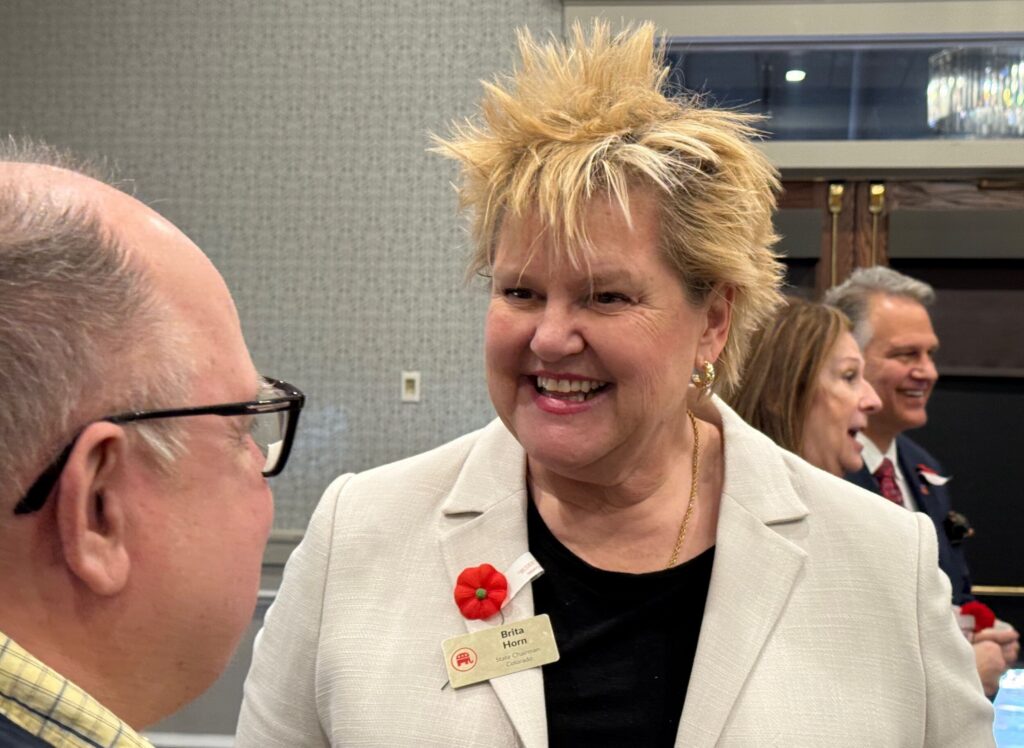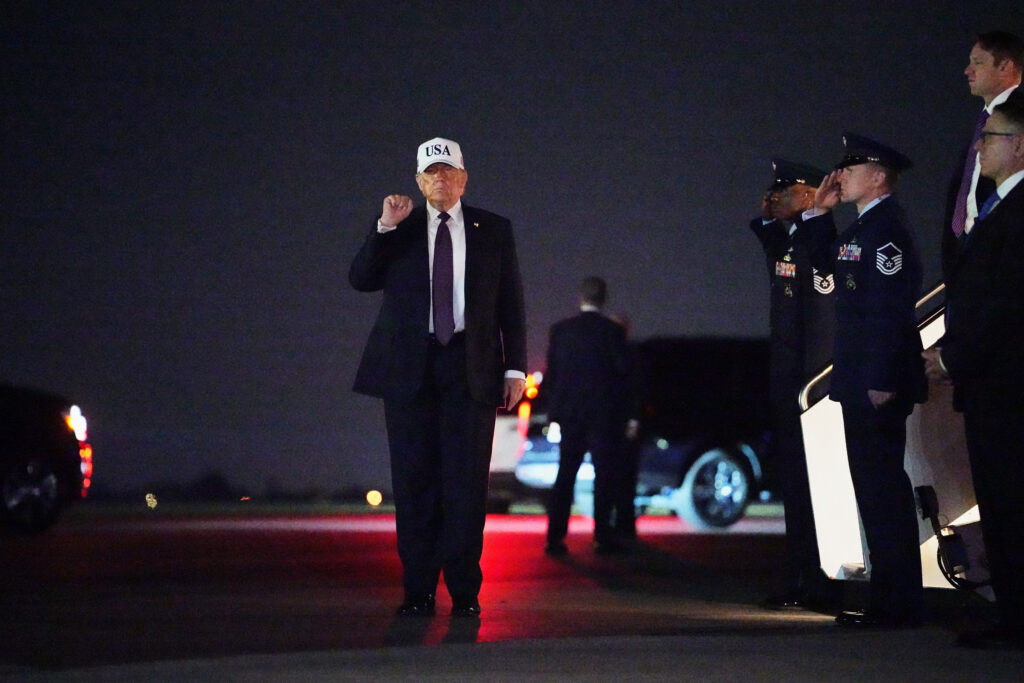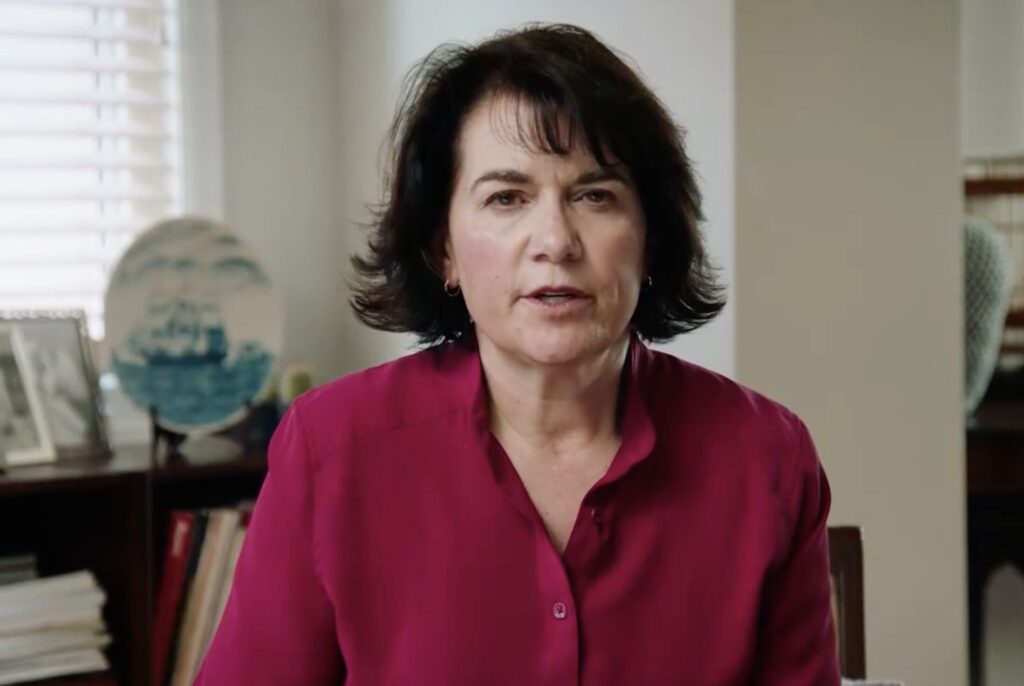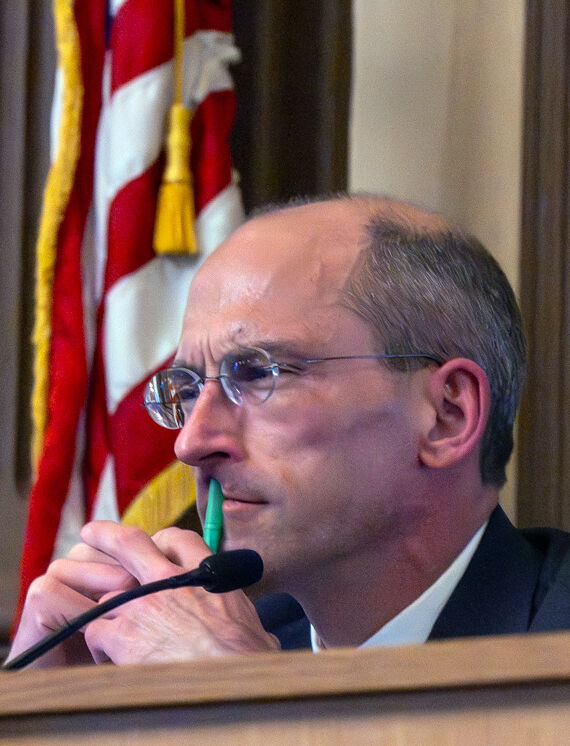Former Denver legislator recounts Ole Miss riot role | A LOOK BACK
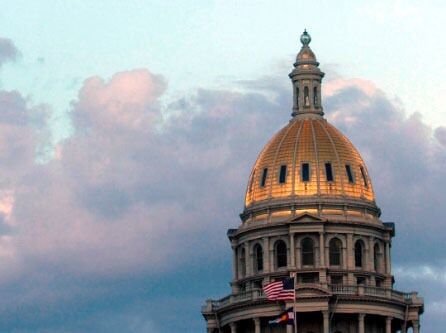
Fifty Years Ago This Week: A colorful character with a rich background, former Denver state Rep. Joe Dolan, who was then a United States assistant deputy attorney general, addressed the Southeast Denver Democratic Club where he spoke about his experiences at the University of Mississippi campus ten years prior in 1962, where he had overseen the force of U.S. Marshals that provided protection to James Meredith, the university’s first black student.
“There’s no question that at least some people in Mississippi have learned the lesson that they do live in the United States,” Dolan said. “And, hopefully, some people in other states have also realized that orders of the federal courts will be enforced.”
Dolan surmised that if Ole Miss and the Mississippi governor’s office had kept their agreement and if the Mississippi State Patrol had been on scene to assist the U.S. Marshals, there would likely not have been a riot at all. He added that one Mississippi legislator had told the Justice Department that he had ordered the MSP off the campus and that the MSP left in such a public manner, Dolan said, that the milling crowd was hyper-aware that only the Marshals were left.
“The death of French newspaperman Pail Guihard was the most cold-blooded murder ever perpetrated in the United States,” Dolan said. The Frenchman was found, in an area far removed from the riot, shot in the back.
When asked whether he felt any sympathy for the southerners as they adapted to radical societal and cultural change, Dolan said that “people have got to learn that they live in the United States.”
Dolan argued that the riots were not some long-standing tradition dating back to the Civil War, but rather an ingrained desire to resist the federal government whatever the cost.
Colorado Democratic Party chairman Fred Betz echoed Dolan, adding that it was imperative that Democrats take a strong stance to protect the gains made by Democratic administrations and legislatures to solidify national progress.
Twenty-Five Years Ago: The cable television pioneer Bill Daniels announced that he was donating his $7 million mansion “Cableland” to the city of Denver along with a $3 million endowment as the new Denver Mayoral Residence.
Daniels made the announcement in front of the mansion, at 4150 Shangri-La Drive attended by Denver Mayor Wellington Webb and several City Council members.
“I believe there is a need for an official Mayoral Residence to publicly recognize the important role of the Mayor of Denver and to provide a beautiful high-tech facility for the city’s official functions,” Daniels said.
Daniels told the assembled press that he had no other motive than to give back to his beloved City of Denver which had given so much to him.
“I hope my gift will encourage other business leaders to contribute to Denver and Colorado in meaningful ways,” Daniel said. “However, I do feel like all the red-tape and procedures necessary to make gifts to city governments should be drastically simplified to encourage governments to do more.”
Once Cableland was approved by the City of Denver as the official Mayoral Residence, Daniels would still retain exclusive use of the property until his death and the property wouldn’t be able to be used as the Mayoral Residence until July 1, 2003 at the very earliest.
“While I’m excited about announcing these gifts to the City of Denver now,” Daniels said, “don’t count on this deal getting closed any time soon – I’m in fine health.”
Daniels, who’d served as the co-chairman of Mayor Webb’s reelection campaign, said it was his hope that the residence would be the home of future mayors who would do as good a job as Webb.
Rachael Wright is the author of the Captain Savva Mystery series, with degrees in Political Science and History from Colorado Mesa University and is a contributing writer to Colorado Politics and The Gazette.



